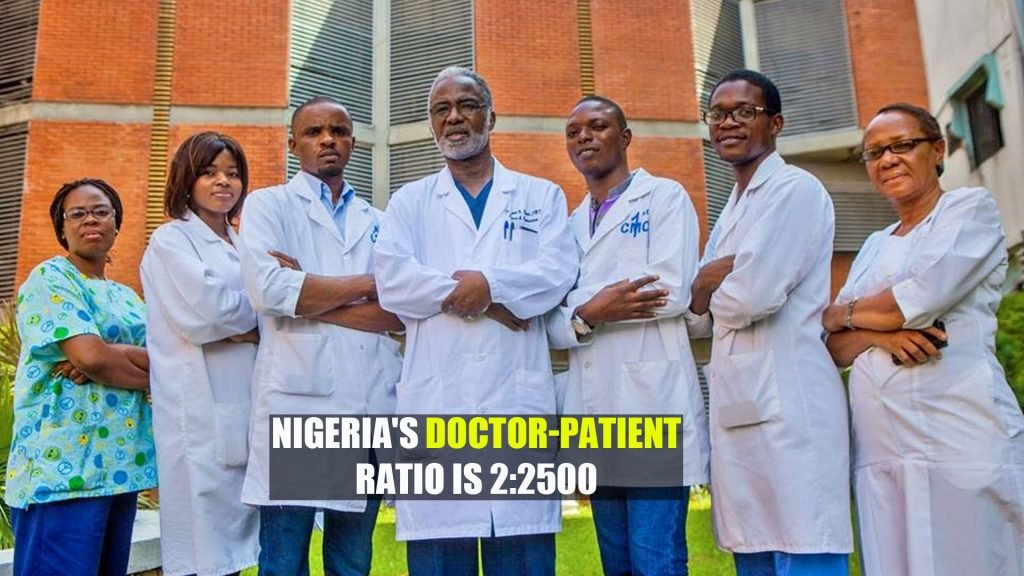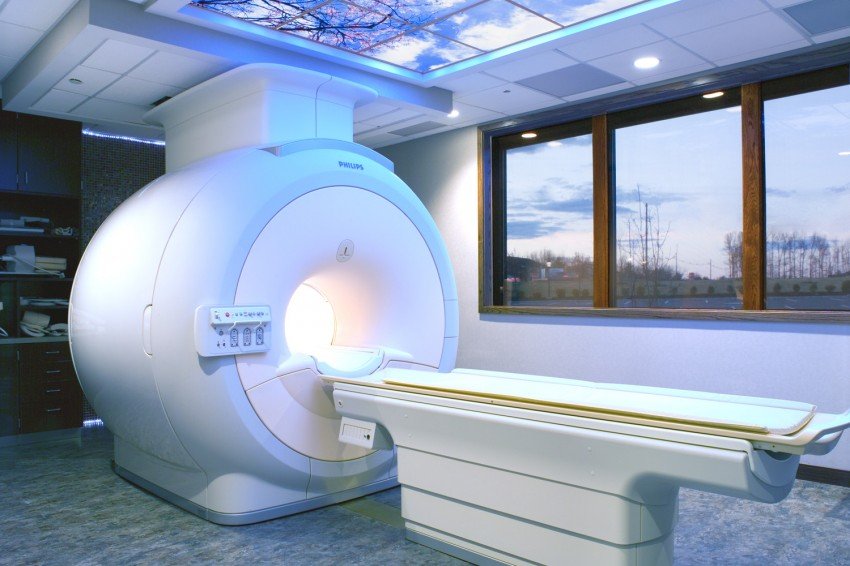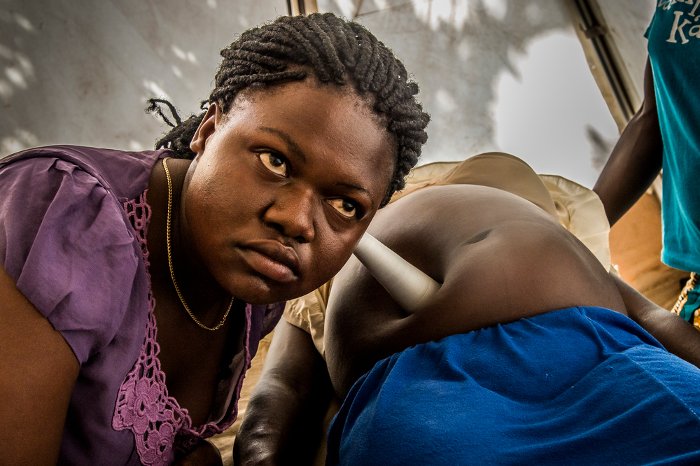Medical practice in Nigeria is a bitter-sweet experience, most of it being bitter. The sweet part is accounted for only by the fact that after all the improvisation and sometimes manipulations, you are happy when your patient finally gets well and is discharged. Obviously, a greater percentage of how Medicine is practised in Nigeria is so much below international best practices. Yet, it is highly commendable that doctors in this part of the world keep turning out good results.

The experiences gathered from the practise are in most cases, indelible. They are largely things you won’t expect from people who say they can hear you and affirm their understanding to you. But in a weird twist, some of the patients listen to you, nod in affirmation, tell you they understand but leave you to do the exact opposite of the health advice they just received.

I have heard people often blame the lack of adherence to treatment and medical advice at the cost of health care service delivery in Nigeria. While that can account in part due to the fact that a large percentage of the population live in poverty, it is also worthy of note that even people in the middle and high social strata are still guilty of defaulting.

Medical services in government health facilities are subsidised by the government but the irony is that these facilities are not well equipped. In fact, very basic things are lacking in these hospitals. On the other hand, private hospitals which are largely better off in terms of equipment are not affordable to the average Nigerian and it is regrettably sad. Those who are eventually able squeeze out funds to visit the hospital still default.

While working as an intern, I once met a pregnant woman who had come for booking at the antenatal clinic. She would come early so as to be attended to in time as it was always a busy clinic. Gravid women from more than five local government areas converge there, the only government facility around that seemed in good shape to handle obstetric cases. She did her investigations in time and kept all her appointments religiously. Examinations revealed a healthy mother and a healthy baby.

Countdown to her expected date of delivery, she was well armed with information of how the process would be and her fears were addressed adequately. One night while on call, I got a call from the nurse on duty that we had a pregnant woman in pains. I rushed to the ward only to meet this woman with whom I had become very familiar with owing to attending to her in antenatal clinics. Several of her relatives were outside the ward, visibly distressed, who on noticing my arrival, started pleading with me to do everything I can to save the baby and the mother. Not knowing why they begged profusely, I assured them. I told her that all would be fine and proceeded to examine her after I had taken an urgent history. Thereafter, I called my superior. I was surprised at my findings. She had been examined vaginally multiple times. Her amniotic sac had been ruptured, a growing foul smell had begun to develop and my examining fingers were stained with blood.

Summarily, the outcome wasn’t pleasant. The baby was lost.

While taking a detailed history, I realised that the woman usually visited a nearby traditional birth attendant every time she left the antenatal clinic so when she noticed early signs of labour, she had gone there first and when things went south, her people rushed her to the hospital.

The sad truth remains that adherence is still a big problem in health care delivery in this part of the world. The situation is more appalling when it comes to situations such as the one told above. People need to be encouraged relentlessly on the need for them to adhere strictly to medical advice.

A lot also needs to be done by the government in sensitizing the people. Health workers can only get to one person at a time and with the patient burden, they might not be able to effectively counsel patients. Collective sensitization by private and government agencies will go a long way to help in that regard.

We do well and this isn’t by any means blowing out trumpets, but we can always do better, much better.
Dr. Innocent Mfonabasi Udoudo
05-05-2020.



This is very educative, concise,yet realistic. Thank you for the hard work weldone.
you are most welcome
Nice write up Chief, We are really Magicians!
indeed, we are.